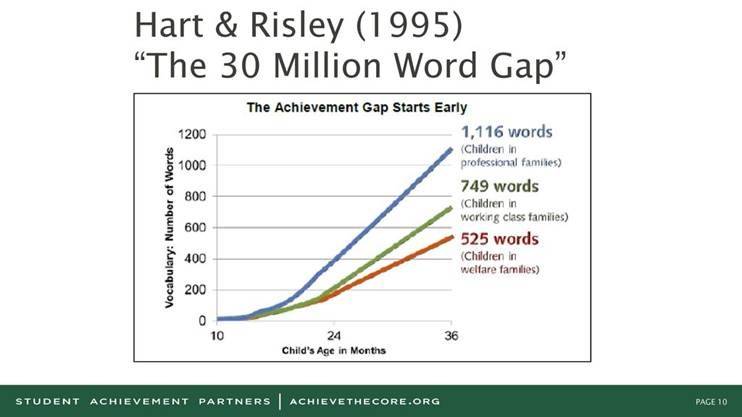St Peter's Prep Schools: The Difference... Part 1
St Peter’s – the Difference…
In June 2014, the province ordered Witkoppen Road widened from the Cambridge Rd intersection all the way up Witkoppen Rd to the entrance of St Peter’s. As a consequence, this stretch of road was sometimes closed or opened only to a single lane of traffic. It took parents up to two hours to negotiate this stretch. Frustration amongst parents was at boiling point. Something had to be done.
Exco met on a Wednesday to address the situation and the following Monday, a mere two working days later, Rob Macaulay and Trish Attlee launched St Peter’s first Flexible Learning Programme (FLP). Online and hard copy work was provided to the pupils to allow them to work at home or partly at home and partly at school.
The pupil assignments were, however, not merely exercises to occupy them, but the culmination of years of research into the most effective teaching methods and a constant effort to have staff include these in their lesson planning. Over the years, teachers had gradually adopted certain aspects of this new philosophy, but, in all honesty, we could not say that every staff member was using all of it. It took a disaster to make this happen.
News of the programme spread rapidly and we were bombarded with requests from other schools to share our methodology. Groups of teachers visited and went home with sheaves of St Peter’s documents; staff were invited to speak to many groups and Rob was requested to address the annual Conference of the Southern African Heads of Independent Schools Association (SAHISA).
During this time, a St Peter’s parent dismissed the FLP with a comment along the lines of it’s only project learning, just as I had at school.
Since so much thought, research and effort had been devoted to the creation of the FLP, the comment was widely shared amongst staff and still is to this day. It rankled. Many teachers were furious, especially since the results of the children’s achievements and efforts astounded even us. The depth of thinking demonstrated, problem-solving ability and the speed at which learning took place went far beyond our expectations.
So what did St Peter’s do differently to engage pupils so successfully and liberate their minds in a way that enabled them to learn more quickly and deeply?
We tried to explain to parents what we were doing and why we were doing it. We were only partially successful, however. The answer is a complex one and this article serves to provide a brief overview. Everything that St Peter’s does is based on our fundamental belief that intelligence is not an innate aptitude but a process.
Intelligence is not fixed/we are not born with a fixed intelligence (IQ)

For thousands of years, humankind has viewed intelligence as a ‘gift’. The mind was viewed as a ‘blank slate’ at birth which was gradually filled with knowledge as a consequence of one’s experiences and interactions with those around them. Some were ‘gifted’ with greater intelligence than others. As the science of genetics evolved, intelligence was attributed to genes as well as the effect of the environment. This view again inferred that intelligence was inherited. More recently, Cognitive Psychologists, Ethologists, Neuroscientists and Evolutionary Biologists have produced evidence to show that environment plays a far bigger role than previously considered. The evolution of the concept of intelligence can be portrayed in the equations below:
- Intelligence = God-given
- Intelligence = genes (inherited) + environment
- Intelligence = genes x environment (Steven Pinker)
The ‘early environment’ therefore had great influence on future progress.
The effect of the environment on genes begins in the womb and continues after birth. Many people have difficulty in believing that DNA can be changed until we remind them of examples such as:
- The gender of crocodiles and alligators is determined by the temperature of the developing eggs. Incubation at 33°C produces mostly males, while incubation at 30°C produces mostly females in American alligators (the gender of hatchling turtles is affected in the same way).
- An increasing number of scientists now hold the view that the health benefits of the Mediterranean Diet are not so much a consequence of the nutritional value of high fibre and other components but rather about the effect on the Arteriosclerosis gene.
- In the US, Betty Hart and Todd Risely were at the forefront of educational research during the 1960s War on Poverty. The high-quality Early Intervention programme and the language skill expansion programme which they had developed proved unsuccessful. Frustrated, they embarked on a research programme to investigate children’s exposure to language in professional, working class and families on welfare (state subsidies). Observations of each family were conducted from the time the child was 7 months until the age 3. The results were shocking.
Observers found that 86-98% of the words that children used were derived from the vocabularies of their parents. Most worrisome, was the number of words to which each child from the different socio-economic groups was exposed:
- Families on welfare (poor): 616 words/hour
- Working class families: 1251 words/hour
- Professional families: 2153 words/hour
When extrapolated, the deficit within the first four years of the life of these children was a 30-million-word difference.
In addition, professional families provided their children with far more words of praise than those from the lower income groups. The children of the low-income groups were exposed to 123 000 more words of discouragement than encouragement. Children from high-income, university educated families received 560 000 more words of praise as opposed to discouragement, an extraordinarily vast disparity.
In following up the progress of the children in the third grade, researchers found that the measure of accomplishment at age 3 was highly indicative of performance at the ages of 9 and 10.
To be continued…